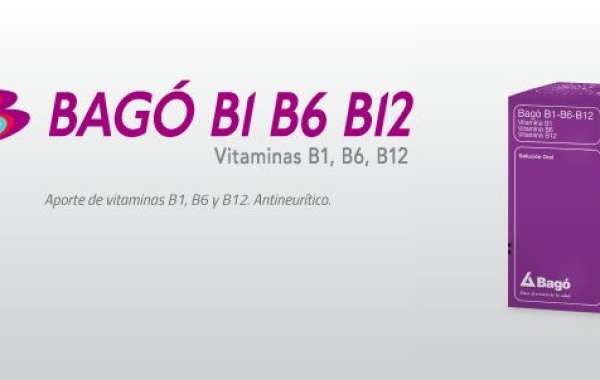If you are someone that has become addicted to Benzodiazepine drugs, you might want to consider a benzodiazepine detox program. These programs have been proven effective in helping people to overcome their addictions. By learning about the various symptoms of Benzodiazepine withdrawal and the different medications that are used in the process, you can find out if a benzodiazepine detox might be right for you.
Treatment for benzodiazepine addiction
Benzodiazepine detox is a way to safely remove benzodiazepines from the body. They are dangerous drugs that can cause addiction. Getting through withdrawal is the first step to sobriety. Once you get through the withdrawal phase, you need to continue with treatment and after-care to achieve long-term sobriety.
Benzodiazepine detox is often uncomfortable. Symptoms such as anxiety, hallucinations, tremors, and elevated heart rate can all occur. These symptoms can range from mild to severe. Some people have to be hospitalized or go to a rehab/detox facility to manage their symptoms.
Benzodiazepine detox should be done under medical supervision. There are also medications that may help during the withdrawal process. However, these should not be used as a substitute for a healthy coping mechanism.
When you stop taking benzodiazepines abruptly, you can experience severe withdrawal symptoms. Your appetite can change, and you might experience sinus pain, headaches, or aching jaws.
Benzo detox can last from several days to several months. The severity of the symptoms depends on the average dose of the drug and how abruptly the drug was stopped.
Symptoms of benzodiazepine withdrawal
Benzodiazepine withdrawal is a very serious and painful process. It can affect your mental health and physical health as well. The symptoms can be life threatening if you don't get treatment.
Symptoms are usually experienced between two and four weeks after stopping the benzodiazepines. Depending on the average dose of the drug, the symptoms can range from mild to severe. If you're attempting to quit benzodiazepines, you should know that tapering is the safest way to do it.
There are several different types of benzodiazepines. They include short-acting, intermediate-acting, and longer-acting. Short-acting benzos have a shorter half-life, which means they leave the body more quickly. This may be why they cause more severe withdrawal symptoms.
People who have used benzodiazepines for years are at higher risk for withdrawal. Long-term withdrawal can last for months to years. Also, some people may experience psychological symptoms, such as depression and suicidal thoughts.
Withdrawal symptoms can be painful, but a doctor can help you deal with them. A professional can also recommend treatments that will improve your quality of life.
Treatment for benzodiazepine overdoses
Benzodiazepine overdoses can have severe effects on the human body. They can cause loss of consciousness, coma, respiratory depression, and difficulty with coordination. In addition, they can also be fatal.
People with benzodiazepine addiction may require a medical detox to prevent withdrawal symptoms and avoid relapse. A specialized medical center can help you with a detox program to safely and effectively get off the Benzos.
Detoxing from Benzodiazepines can have dangerous side effects. These include slowed breathing, difficulty with coordination, and memory loss. For this reason, it is important to seek medical attention as soon as you start to experience any of these symptoms.
Benzodiazepine overdoses are not uncommon. According to the Centers for Disease Control and Prevention, deaths resulting from overdoses of benzodiazepines have risen more than 500 percent over the last two decades. Some of the factors that contribute to this increase are the use of benzos with opioids, the use of benzos in older adults, and the misuse of prescription medications.
Medication used in benzodiazepine detox
There are a number of medications that can be used to help you through the process of benzodiazepine detox. These drugs can help ease the discomfort of withdrawal, but they should be taken with caution. It is important to work with a medical professional during the process.
The withdrawal process can be uncomfortable and dangerous if not handled properly. Medical professionals will monitor your vital signs, diagnose any symptoms, and prescribe medication to treat them.
For people who are highly dependent on Benzodiazepines, withdrawal can be severe and potentially fatal. During this phase, your doctor will try to taper you off the drug in stages.
You can also seek out inpatient treatment. This can involve living at a detox facility for several weeks. Some insurance companies will cover the costs. An inpatient detox will also provide you with a medical team and a 24-hour staff.
Another benefit to inpatient treatment is the chance to receive therapy. Therapy can help with the underlying causes of your addiction and address any other mental health issues.








